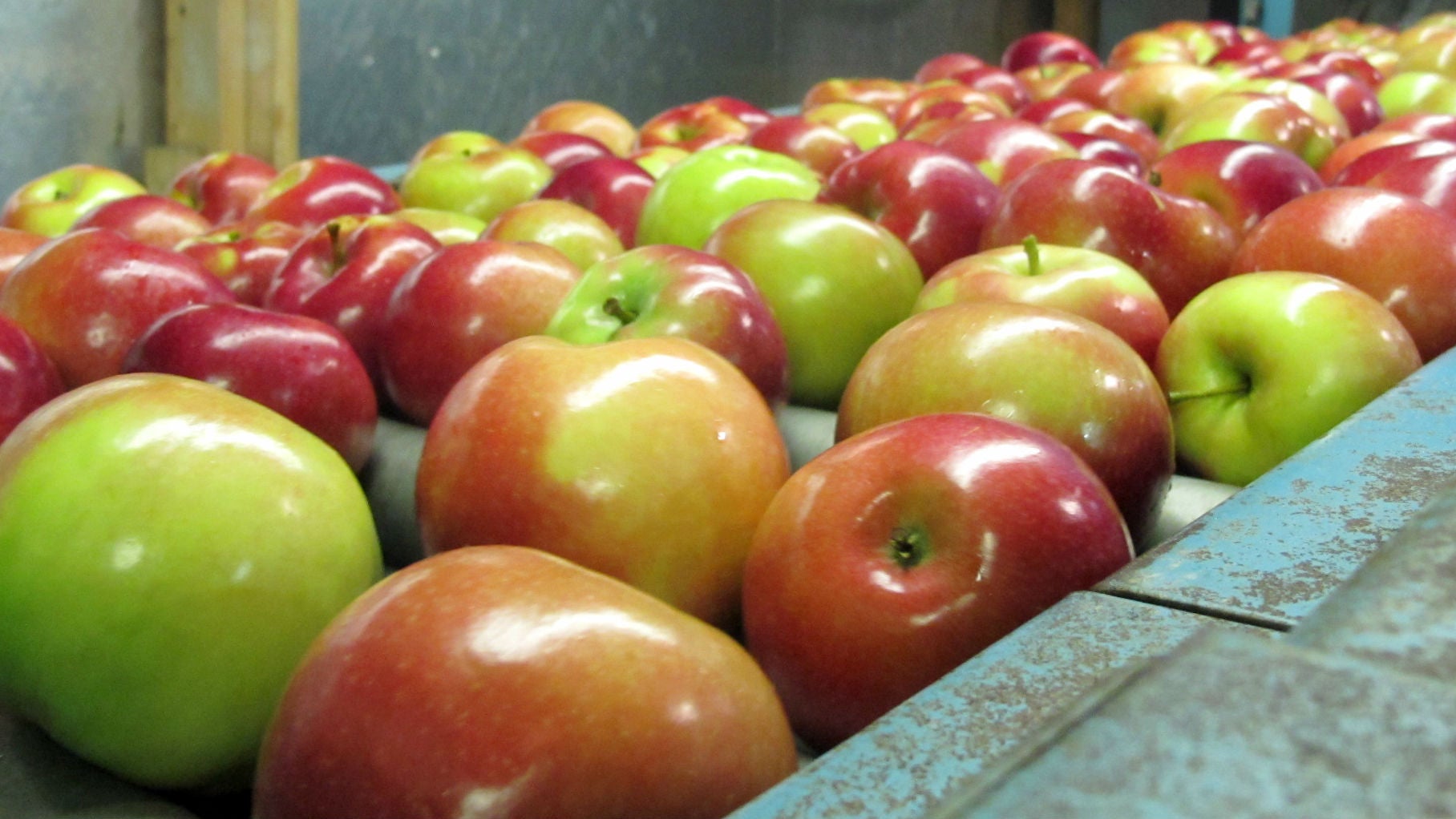The best way to clean your apples, according to science
How do you clean your apples before you eat them? A rinse under the faucet? A brisk wipe with your sleeve? Whatever the method, chances are you’re doing it wrong, according to a new study.


How do you clean your apples before you eat them? A rinse under the faucet? A brisk wipe with your sleeve? Whatever the method, chances are you’re doing it wrong, according to a new study.
Unless they’re organic, apples have probably been sprayed with synthetic insecticides. In the US, the Environmental Protection Agency requires that they be washed with a bleach solution for two minutes and thoroughly rinsed before they get sold to consumers. While that gets rid of bacteria and dirt it doesn’t wash away the pesticides, Lili He, a chemist at the University of Massachusetts, Amherst, told Consumer Reports.
The researchers led by He set out to test three different washing styles. They sprayed organic Gala apples with the fungicide thiabendazole and the insecticide phosmet—both of which are EPA-approved for use on apples—and let the fruit sit for 24 hours. They then washed each apple with plain water, a bleach solution typically used by US fruit purveyors, and a solution of water with 1% baking soda. For each of the three options, they tested both a two- and an eight-minute wash before rinsing each apple again with water.
After two minutes, baking soda had removed more pesticides than the other two methods. (In fact, plain water was more effective than the bleach solution.) The baking soda solution cleared off all of the thiabendazole from the apple skins after 12 and all of the phosmet after 15 minutes. That said, by that point, small amounts of pesticide had seeped through the apple skin and into the flesh, so even washing fruit thoroughly won’t prevent you from low levels of chemical exposure.
Though thiabendazole and phosmet might be toxic in very large quantities, they are safe for human consumption at the levels they’re typically used at for apple farming, according to the EPA (pdf). But if you really want to minimize your exposure, the study suggests, wash them in a mixture of one teaspoon of baking soda for every two cups of water. Peeling them also works, though trace levels of chemicals will have gone into the fruit itself, and, the researchers note, you’ll be miss out on some of the fiber and vitamins in the skin. Or you could just buy organic.
Correction: An earlier version of this piece said organic apples aren’t sprayed with pesticides; in fact they may be, but with organic ones.